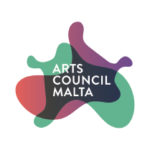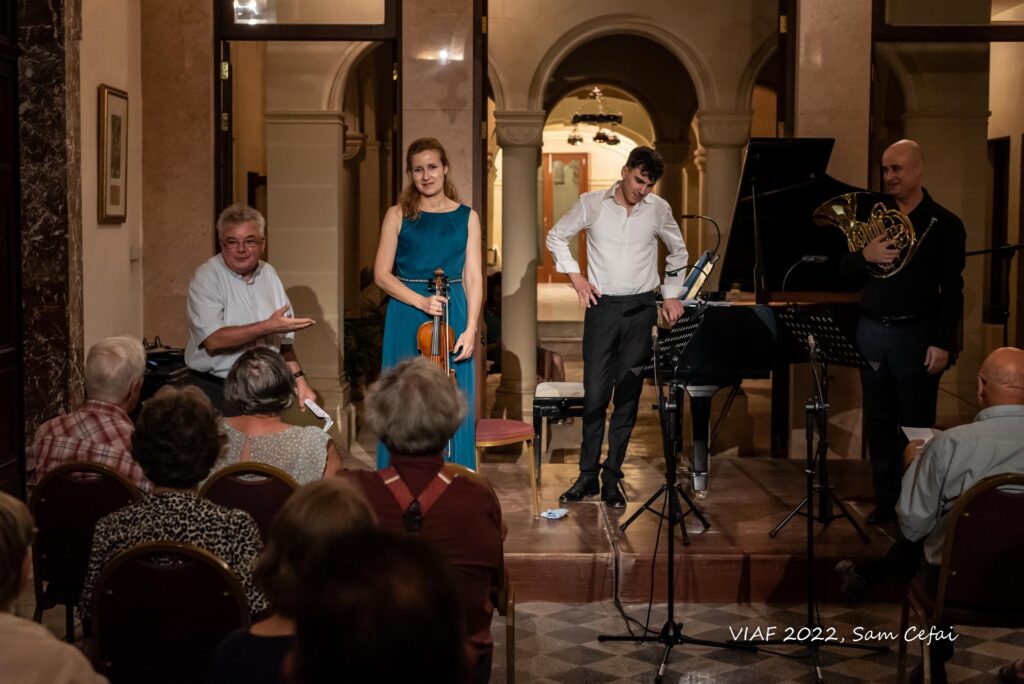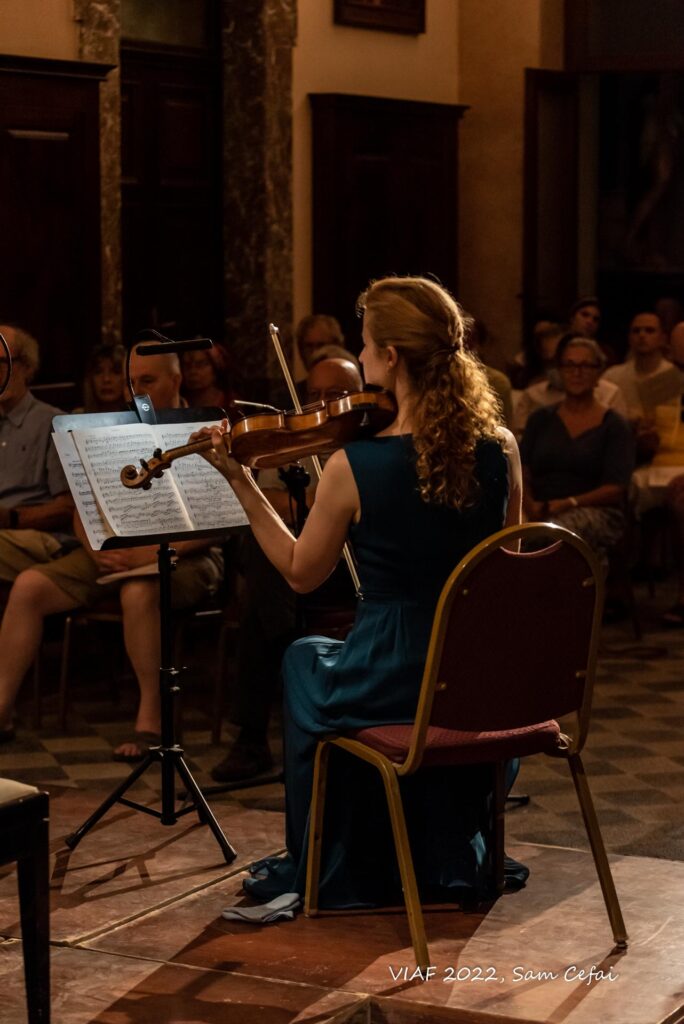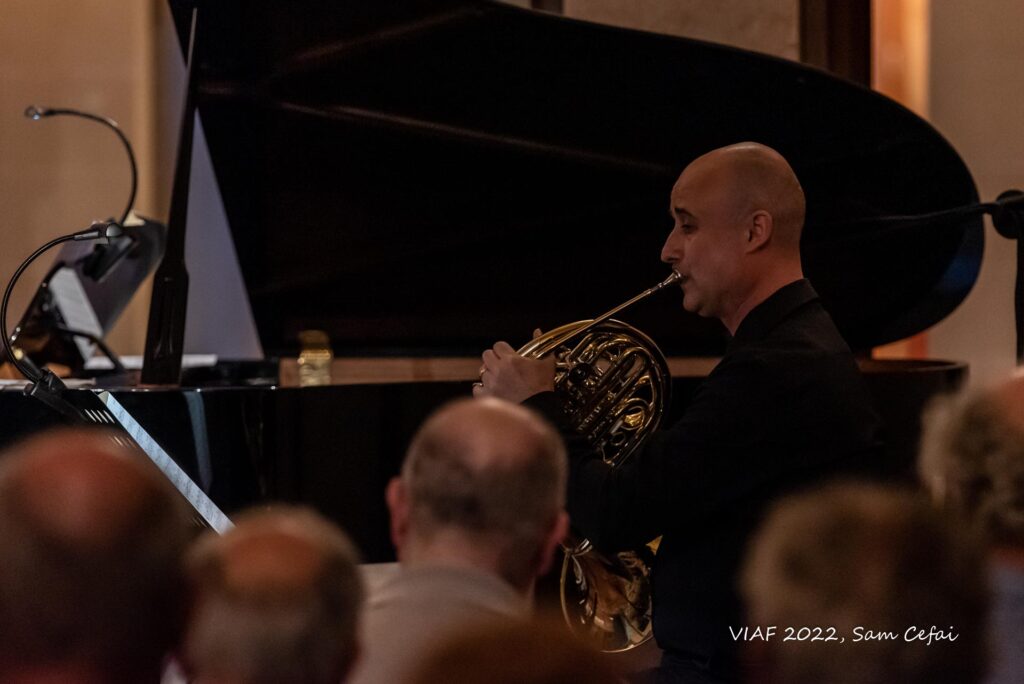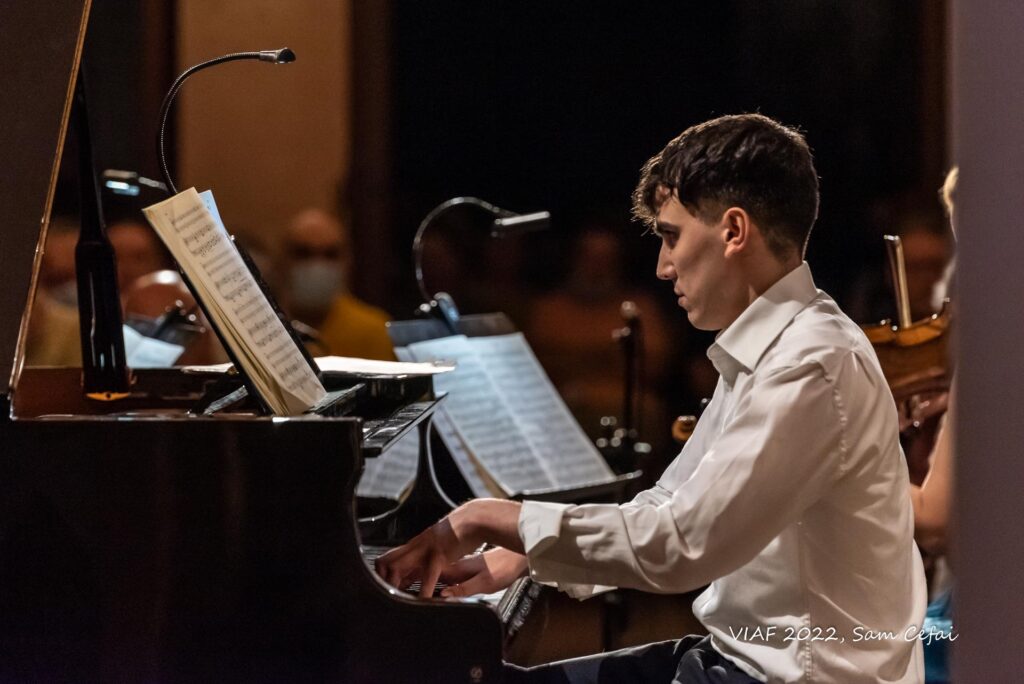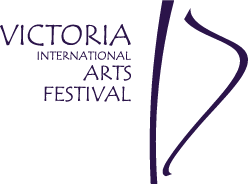A DELIGHTFUL MUSICAL EXPERIENCE
This Silver Jubilee edition of this prestigious festival is marching on in full swing and that is just as Joseph Vella, the late lamented founder of this festival would have wanted and to whom this festival is dedicated. If it were possible I would not miss a single event; but as it is rather difficult I grab every opportunity to go over to Gozo, to enjoy the musical goodies on offer.
One such was the above line-up. While I do know that ladies come first in this case, I put Francis Camilleri on top because he took part in each and every item on the programme which consisted of a solo, a duo and two trios. Two of the works featured this evening were composed by Joseph Vella, the dedicatee of the festival. One of them, The Trio Concertante, Op.7, is an early (1968) work by the then already very promising young composer. It had to wait for 15 years before it was publicly premiered. It was also typical of his individual outlook that he tackled a combination rather rare in serious music, that piano with string and wind instruments. Here was very interesting work in three diverse and contrasting sections.
The three performers warmed up for the rest of the programme which continued with a delightful duo for piano and horn, Nocturne Op. 112 by Carl Reinecke. There was a mix of very cantabile section s with more dramatic phases, changes typical of the Romantic spirit. The horn’s one was warm and smooth with the piano a willing and supportive “accomplice” in what came across as a very charming salon piece. The next piece, also by Joseph Vella, was the evening’s only solo piece and this was the Rapsodija Maltija, Op. 26b.This was one of the composer’s very rare nod to Maltese folk music because he quotes four of the most popular tunes but as well explained in Francis Camilleri’s excellent programme notes, the treatment is different “transforming [them] into a complex work of innovative harmonic language and contrapuntal textures”. As Vella resorts to “harmonies and rhythms typically his,…the work is slightly taken out of the folk spectrum”.
Concluding this concert was the Trio in E flat Major.Op.40, by Brahms. I consider myself indeed very fortunate to be hearing this gorgeous work for the second time within three days, performed by the same trio of interpreters. I am not and cannot make any comparisons about which of the two was the better one. No two performances of the same work by the same musicians could ever be the same yet IF my elbow were to be twisted, I would opt for the latter. The familiarity gained worked to their advantage and in each of the four movements there was a steady, continuous development of musical material, of the various emotions and finally, of wonderful teamwork. After enough genuine outpouring of sadness and sense of loss, (the death of the composer’s mother having inspired this work), the trio ended on a definitely positive note.
Albert George Storace

